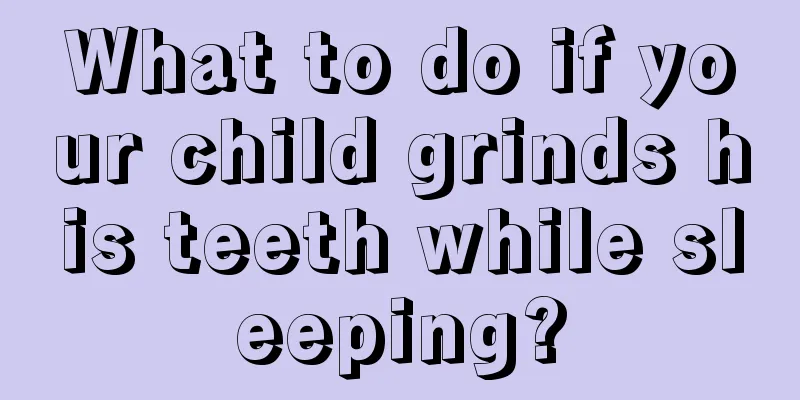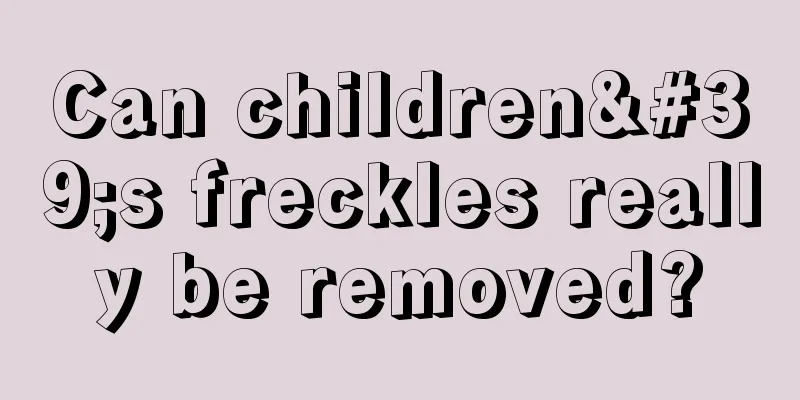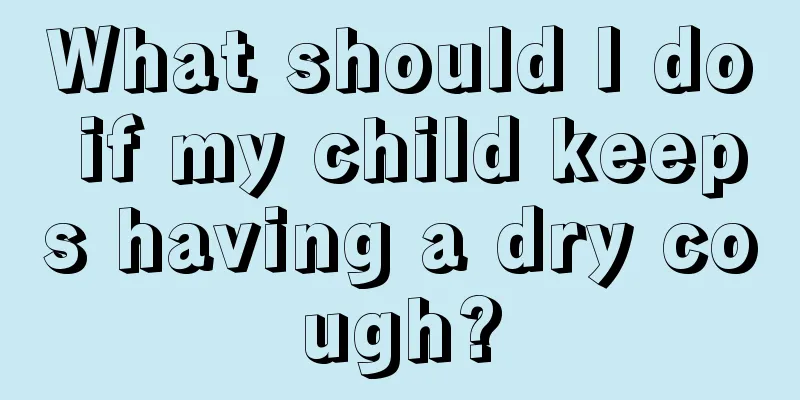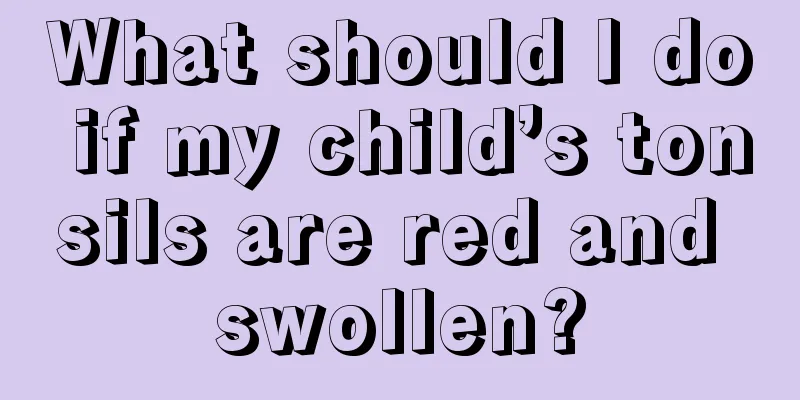What to do if your child grinds his teeth while sleeping?

|
If a child grinds his teeth while sleeping, parents should first find out the reason. If it is caused by parasites in the stomach, deworming should be carried out in time. If it is caused by lack of vitamin D in the body, the child should get more sun exposure and take appropriate vitamin D supplements. 1. If the baby has intestinal parasites, the mother should deworm the baby and develop good hygiene habits. 2. Don’t let your baby eat too much before going to bed. Let your baby stay for a while after eating before letting him go to bed. 3. If the baby lacks vitamin D, the mother should supplement the baby with vitamin D and calcium tablets under the guidance of a doctor. The baby should be exposed to more sunlight, and the nighttime teeth grinding will gradually decrease. 4. Don’t let your baby watch overly stimulating TV before going to bed. Communicate frequently with the teacher and baby. If the baby is unhappy about something, help him solve it in time and relieve his psychological pressure. 5. For babies with temporomandibular joint dysfunction, take them to see a dentist regularly and do dental correction and treatment according to the doctor's advice. 6. If you find that your baby has a bad sleeping position, help him adjust it in time. Don’t let your baby develop the habit of covering his head when sleeping. Warm reminder: Teeth grinding is a bite disorder that destroys the coordination of the chewing organs. Therefore, the body increases the grinding of teeth to remove the bite disorder, resulting in involuntary teeth grinding. Teeth grinding can occur periodically or every night. Nocturnal bruxism is caused by abnormal excitement of some brain cells in the mandibular operation area of the cerebral cortex of the central nervous system, which leads to dysfunction of the trigeminal nerve. The trigeminal nerve controls the masticatory muscles, which causes strong and continuous non-functional contraction and causes the teeth to make chewing movements with a rattling sound. It is generally divided into 3 types: grinding type, clenching type and mixed type. During the period of tooth replacement between the ages of 6 and 13, children will experience bruxism in order to adapt to the grinding of the upper and lower teeth. Therefore, babies grinding their teeth while sleeping may also be related to tooth replacement. Mothers should pay attention to observe whether the baby's teeth grinding continues. However, if babies who have not yet reached the age of tooth replacement, or adolescents and adults who have passed the tooth replacement period often grind their teeth, it is a pathological condition. |
<<: The order of teething in children is their own.
>>: How to deal with children with high fever convulsions and how to care for them?
Recommend
What is the reason for heavy hair in babies?
In life, everyone knows that after a baby is born...
Several ways to improve children's concentration
I believe everyone knows the importance of concen...
Scabs behind baby's ears?
It is actually normal for babies to have scabs on...
What medicine should a 4-year-old baby take for toothache
Toothache in babies is a common problem and also ...
What should I do if my baby has a fever, convulsions and foams at the mouth?
We know a lot about baby's fever. If the baby...
Symptoms of cognitive impairment in children
As children grow and develop, their cognitive abi...
Is moderate anemia in babies serious?
Unconsciously, children become unwilling to eat. ...
How to supplement zinc deficiency in a 7-month-old baby?
For everyone, the body should maintain adequate n...
Why do children’s teeth grow unevenly?
When children grow to a certain stage, they will ...
Brand selection of children's shower gel
The baby's skin is very tender and white, so ...
What are the symptoms of respiratory infections in children?
Respiratory tract infection is a very common pedi...
Can the red birthmark on the back of a newborn's head be removed?
Birthmarks are very common and most people will h...
Jaundice index at 9 months
Neonatal jaundice is a relatively common disease....
The reason why the baby has no hair on his head
When the baby is a few months old, he or she will...
The child has a fever of 39 degrees and is convulsing
It is common for children to catch a cold and hav...









